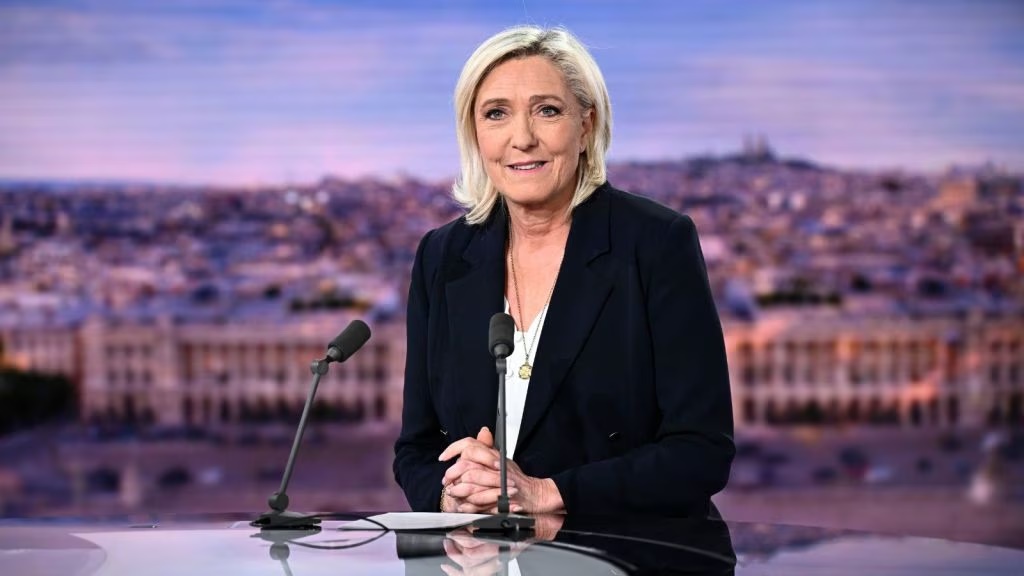France’s National Rally (RN) is actively engaging in discussions with potential allies to form a coalition capable of governing if it emerges victorious in the upcoming snap election, according to a lawmaker speaking to Reuters on Thursday.
Recent opinion polls suggest Marine Le Pen’s RN could lead the vote on June 30 and July 7, marking a potential turning point in French politics. However, without a clear majority, the RN would need to form alliances to govern effectively.
President Emmanuel Macron’s decision to call for a snap election came swiftly after his centrist alliance suffered significant losses to the RN in the recent European Parliament elections, shaking up the political landscape in France. This move has prompted political parties to hastily prepare candidates and solidify their platforms.

The RN, known for its stance against immigration and skepticism towards the European Union, faces the challenge of translating its popularity into electoral success and convincing voters of its readiness to govern after years on the periphery of mainstream politics.
According to RN lawmaker Laurent Jacobelli, the party has been meticulously planning a strategy, referred to internally as the ‘Matignon’ plan, which includes fielding candidates across all 577 constituencies in France. Jacobelli indicated that a significant number of candidates could potentially come from the ranks of the conservative Republicans (LR), despite internal divisions within the LR leadership.
While specifics regarding a potential cabinet lineup remain fluid, Jacobelli expressed the RN’s ambition for a national unity government, encompassing a diverse range of political affiliations beyond its own members, including staunch conservatives and independent candidates.
Historically, the RN has faced voter skepticism and opposition from mainstream parties due to its radical policies. Under the leadership of Marine Le Pen and Jordan Bardella, the party has sought to rebrand itself and broaden its appeal across different segments of the electorate.
The RN’s policy platform includes advocating for protectionist economic policies under the banner of “France first,” alongside strict measures on immigration. These proposals aim to restrict certain social benefits to French citizens and impose stricter residency requirements for migrants.
Meanwhile, France’s left-wing parties, traditionally fragmented, are engaged in tense negotiations to forge alliances and strategize on constituency allocations to mitigate potential losses in the upcoming election.
Prime Minister Gabriel Attal emphasized the need for a progressive, republican path forward amidst concerns over the rising influence of political extremes. He underscored the importance of convincing voters to choose a path that prioritizes progressive values, democracy, and social justice.
As campaigning intensifies ahead of the snap election, all eyes are on how these political maneuvers and strategic alliances will shape the future direction of France’s government and its place within the European Union.

















Comments